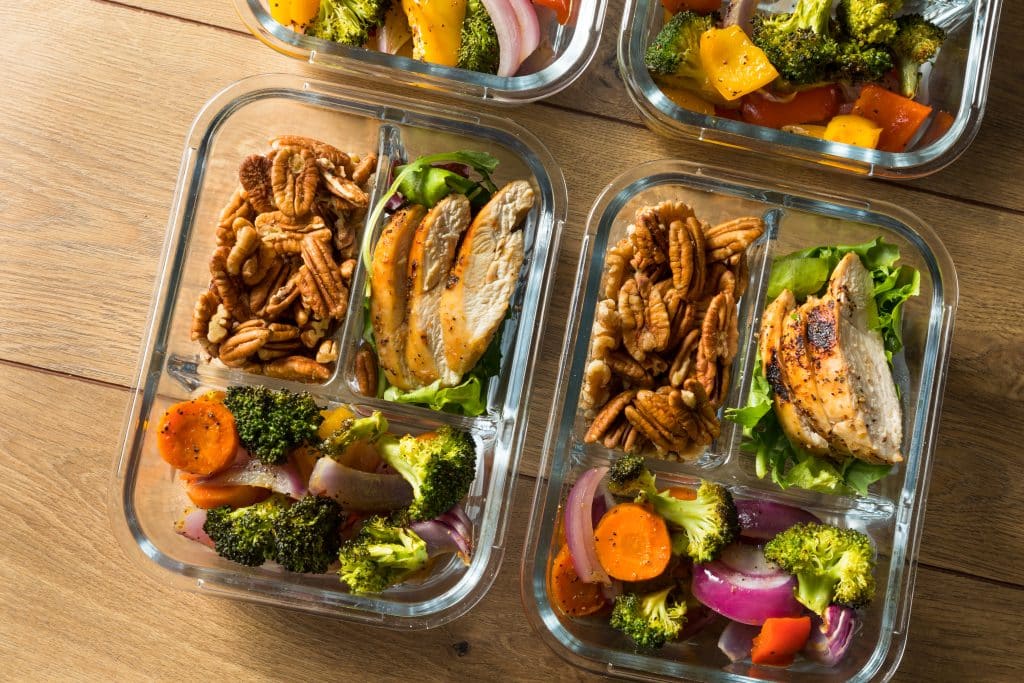Did you know that approximately one-third of all food produced globally goes to waste? That’s a staggering 1.3 billion tons of food each year, contributing to both environmental degradation and financial loss. Reducing food waste is not just an ethical imperative but also a way to save money and minimize one’s carbon footprint. This article aims to be your comprehensive guide on how to waste less food, from deciphering food labels to smart grocery shopping and beyond. By implementing these strategies, you can make a significant difference in your household and community. So, let’s dive in and explore various ways to make your kitchen more sustainable.
Contents
Deciphering Food Labels

Food labels can often be confusing, leading many to discard items that are still perfectly good to eat. “Sell By,” “Use By,” and “Best Before” are terms that often get misunderstood. Knowing how to interpret these labels correctly can save you money and reduce waste. For instance, “Sell By” is more of an indicator for retailers than consumers, and many products are safe to consume for a period after this date.
The real shelf life of common food items often extends beyond the dates printed on the packaging. Dairy products like yogurt and cheese can last weeks past their “Sell By” dates if stored properly. Similarly, canned goods and dry staples like rice and pasta have a much longer shelf life than indicated. The key is to use your senses: if it looks good, smells good, and tastes good, it probably is good.
Smart Grocery Shopping

Walking into a grocery store without a plan is a surefire way to end up with more food than you need. Creating a shopping list and sticking to it can help you avoid impulse buys and focus on what you actually need. A list not only saves you time but also ensures that you buy just the right amount of food, reducing the likelihood of waste.
Seasonal shopping is another strategy to ensure freshness and reduce waste. Fruits and vegetables that are in season are fresher and less likely to go bad quickly. Buying in bulk may seem like a cost-effective strategy, but it can be wasteful if you’re not able to consume the food before it spoils. It’s essential to weigh the benefits of bulk buying against the risk of potential waste, especially for perishable items.
Proper Food Storage

Storing food correctly can significantly extend its life, reducing the need to throw it away. Different food items require different storage conditions. For example, while tomatoes should be kept at room temperature until ripe, leafy greens need a colder environment. Understanding these nuances can go a long way in preserving the freshness of your groceries.
Airtight containers and vacuum sealing are your best friends when it comes to prolonging the life of your food. These methods prevent exposure to air, one of the main factors that cause food to spoil. For items like bread and certain fruits, consider freezing them if you know they won’t be consumed quickly. Freezing can act as a pause button for food, giving you more time to use it before it goes bad.
Meal Planning And Prepping

Planning your meals for the week can be a game-changer in reducing food waste. Knowing what you’re going to cook and when allows you to buy only the ingredients you need. This targeted approach minimizes the chances of food items languishing in the back of your fridge only to be discovered when it’s too late.
Batch cooking and freezing meals can also contribute to waste reduction. Preparing large quantities of staple items like rice, pasta, or stew allows you to have ready-to-go meals for busy days. This not only saves time but also ensures that you use up the ingredients you have. Leftovers can be creatively repurposed into new dishes, turning last night’s dinner into today’s lunch with a new twist.
Mindful Eating

Being mindful of what and how much you eat can play a significant role in reducing food waste. Portion control is crucial; serving excessive amounts leads to overeating and results in leftovers that might go to waste. By being aware of portion sizes, you can ensure you’re not preparing more food than you can consume. This is especially important when dining out, as restaurant portions are often larger than necessary.
However, if you do have leftovers, these should not be seen as waste but as an opportunity for another meal. With a bit of creativity, last night’s roast chicken can become today’s chicken salad or tomorrow’s chicken soup. Being aware of what you throw away can also be enlightening. Keep track of the food items you discard most frequently. This can help you make more informed choices the next time you’re grocery shopping, ensuring that you buy only what you’ll actually consume.
Community Involvement

Getting involved in your community can amplify your efforts to reduce food waste. Food banks and local charities often accept donations of non-perishable items, providing an excellent outlet for food you won’t use. Some communities even have food swap events, where neighbors can exchange items they don’t need for something they will use. This not only reduces waste but also fosters a sense of community.
Community fridges are another innovative solution. These are public refrigerators where people can leave food they don’t need and take food they do. It’s a win-win situation: you get to declutter your fridge, and someone else benefits from the food you would have thrown away. By participating in such community-driven initiatives, you’re not just reducing your own waste but also contributing to a larger, communal effort.
Technology To The Rescue

In today’s digital age, technology offers various tools to help you waste less food. Inventory tracking apps, for example, can remind you of what you have in your pantry and when it’s about to expire. These apps can be particularly useful for those who find it challenging to keep track of all their food items, ensuring that nothing gets forgotten and spoils.
Smart fridges are another technological advancement that can aid in reducing waste. These appliances come with features like internal cameras, expiration date reminders, and even recipe suggestions based on the ingredients you have. Food freshness indicators, small gadgets that can be attached to food containers, can also alert you when the contents are about to go bad. By embracing these technological solutions, you can make your journey towards a waste-free kitchen more manageable and efficient.
Play Your Role In Reducing Food Waste!
Reducing food waste is a collective responsibility that starts with individual actions. This guide has provided you with a range of strategies, from deciphering food labels to leveraging technology. The journey towards a waste-free kitchen is not just beneficial for the planet but also for your wallet. So, why wait? Start implementing these tips today, get involved in your community, and consider advocating for broader change. Every small step counts in making a big difference!


